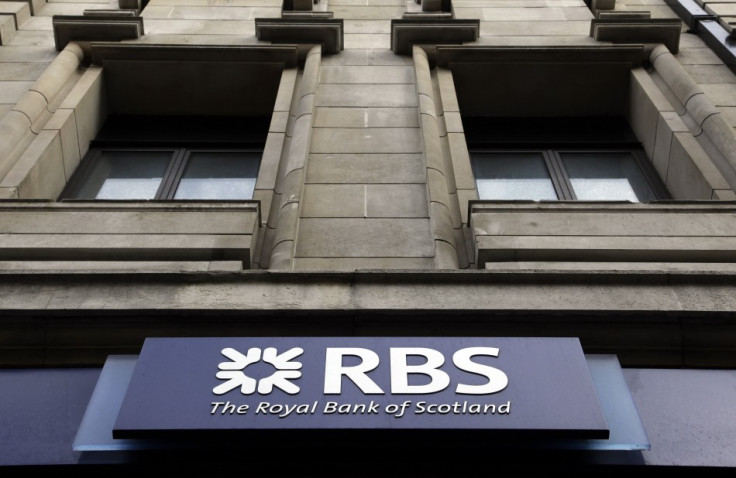RBS Plans £3.5bn Stock Market Float of Direct Line Insurance

The Royal Bank of Scotland Group will sell as much as a third of its Direct Line insurance unit, raising potentially £3bn for the state-owned lender.
RBS will offload between 25 percent and 33 percent of Direct Line in the initial public offering (IPO), the biggest issuer of car insurance in the United Kingdom, by selling shares at price range of 160 pence to 190 pence. A further 15 percent of the shares could be sold if market conditions are favourable, the bank indicated in a statement Friday, bringing total proceeds from a successful flotation to more than £3.5bn. Final pricing on the deal is set for 11 October on the London Stock Exchange.
RBS has previously stated the book value of Direct Line at £2.5bn as of 30 June.
Direct Line posted a 7 percent increase - £224.2m - in first half earnings this year but paid out more in claims than it collected in premiums, suggesting profitability will be difficult to maintain. A further challenge to the stake sale will may come from an investigation into the car insurance market by the UK's Office of Fair Trading. The watchdog has warned that market suffers from "dysfunctional" competition and has made a formal request to Britain's Competition Commission authorities for a full investigation.
European Union officials had ordered RBS to sell the insurance business as part of the terms required for allowing the UK government to take an 82 percent stake in the bank in 2008. The rescue cost the British taxpayer more that £45.5bn.
RBS said last week it is planning a further 300 job cuts at its investment bank, according to information prepared by the group for an investor presentation. The extra cuts will take the investment bank job cull to 3,800 by the end of next year, the bank indicated in the presentation. RBS says around 3,000 jobs at the investment unit will be gone by the end of this year. Overall, the bank has shed nearly 36,000 employees since Stephen Hester was called in to replace Fred Goodwin in 2008.
The group posted a 6.7 percent slide in first half operating profits last month to £1.834bn from £1.966bn during the same period last year. A large portion of the decline, however, relates to a £2.974bn charge the bank booked for the period linked to the increased value of its own bond in the capital markets.
The bank shed around £22bn in so-called "third-party" assets in the six month period, according to the statement, and now holds around £72bn. It says it's on target to reduce that further to around £60bn by the end of the year.
Earlier this Spring, Hester confirmed the bank's aim of repaying the $163bn borrowed during the height of the global credit crisis in 2008. Around £75bn, borrowed as part of the UK government's credit guarantee programme, will be returned to the Treasury. A further £36.6bn will be paid back to the Bank of England and $84.6 to the US Federal Reserve.
The bank will also begin paying shareholder dividends now that an EU restriction expired in April. Around £350m will be paid to preferred shareholders, the bank said, but Hester said it will be at least a year before the bank is able to pay dividends on its ordinary shares.
RBS shares fell around 0.6 percent by 1330 BST to change hands at 255.5 pence each. The shares have risen around 18.6 percent in the third quarter of this year.
© Copyright IBTimes 2025. All rights reserved.





















